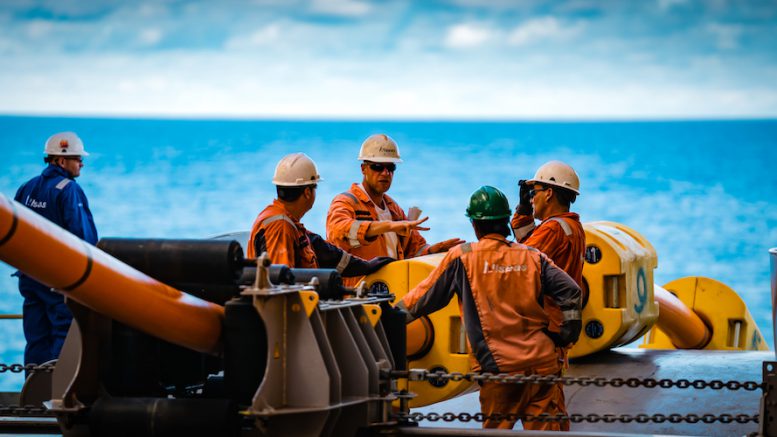Canada’s The Metals Company (Nasdaq: TMC) has officially closed an $85.2 million investment deal with Korea Zinc, providing a significant boost to its push for commercial deep-sea mining operations in the Pacific Ocean.
The strategic investment gives Korea Zinc a 5% equity stake in TMC through the acquisition of 19.6 million shares at $4.34 each, along with a three-year warrant to purchase an additional 6.9 million shares at $7 per share. The deal closed on June 26, following shareholder approval and regulatory clearance.
Shares of TMC rose sharply following the announcement and have continued to trade higher amid growing investor confidence in the company’s progress toward securing a U.S. commercial mining license. As of July 1, TMC’s market capitalization stands at approximately $2.05 billion.
“This isn’t just funding—it’s strategic alignment,” said Gerard Barron, CEO of The Metals Company. “Korea Zinc is one of the few non-Chinese companies with the ability to refine the full suite of metals from our nodules into formats needed by U.S. industries. This partnership reinforces our shared urgency to build a resilient, alternative supply chain.”
Strategic Minerals from the Deep
TMC is targeting polymetallic nodules located in the Clarion-Clipperton Zone (CCZ)—a vast seabed area in the Pacific Ocean regulated by the International Seabed Authority (ISA). These nodules are rich in nickel, copper, cobalt, and manganese—minerals vital to electric vehicles, renewable energy storage, and defense technologies.
The deal with Korea Zinc positions TMC to accelerate its goal of becoming the first company to commercially extract and process seabed nodules for the North American supply chain, especially as U.S. policymakers move to reduce reliance on Chinese-controlled minerals.
The company is currently awaiting U.S. approval to launch full-scale mining operations, a process recently streamlined by President Donald Trump’s 2025 executive order, which bypasses the traditionally slower UN-backed review and fast-tracks deep-sea mining permits for U.S.-linked companies operating in international waters.
A Divided Global Outlook
While countries like Japan, Norway, and the Cook Islands are actively exploring seabed resources within their exclusive economic zones, global debate over the environmental impact of seabed mining continues. Proponents argue that mining the ocean floor could offer a lower ecological footprint compared to traditional land-based mining, especially in biodiversity hotspots. Critics, however, warn of unforeseen consequences for deep-sea ecosystems and call for a global moratorium until more scientific studies are conducted.
Nonetheless, the International Energy Agency (IEA) has projected sharp increases in global demand for key energy transition minerals—copper and rare earths (up to 40% increase), and even steeper growth for nickel (60%), cobalt (70%), and lithium (90%) by 2040.
TMC is one of several companies advancing deep-sea mineral projects globally. Other notable players include Impossible Metals (USA), Blue Minerals Jamaica, China Minmetals, Russia’s JSC Yuzhmorgeologiya, and Kiribati’s Marawa Research & Exploration.
What’s Next?
With the Korea Zinc investment now finalized, TMC is expected to ramp up work on its nodule processing partnerships, logistics infrastructure, and ongoing permitting efforts. The funding also strengthens TMC’s position in upcoming negotiations with both U.S. federal agencies and international regulatory bodies.
As the global race for energy-critical minerals intensifies, TMC’s growing alliances and technological readiness may position it as a frontrunner in the next frontier of resource extraction—beneath the ocean floor.


